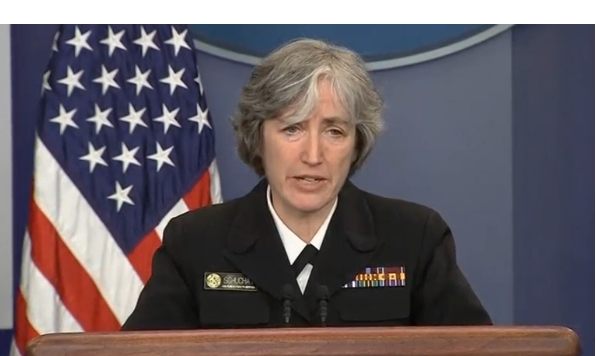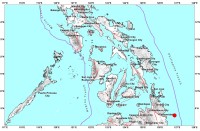
WASHINGTON, D.C., United States (Reuters) – The spread and impact of the Zika virus is wider than initially anticipated, U.S. health officials said on Monday (April 11).
Dr. Anne Schuchat, a deputy director of the Centers for Disease Control and Prevention, told reporters at the White House that the type of mosquito in which the virus is carried is present in more U.S. states than initially thought. U.S. scientists now believe the mosquito is present in about 30 states, rather than 12, Schuchat told reporters.
“Since we last discussed the Zika virus, we continue to be learning pretty much every day. And most of what we’re learning is not reassuring,” Schuchat said.
“We have learned that the virus is linked to a broader set of complications in pregnancy, not just the microcephaly but also prematurity, blind — eye problems and some other conditions. We have learned that the mosquito vector, the Aedes aegypti mosquito, is present in a broader range of states in the continental U.S. So instead of about 12 states where the mosquito Aedes aegypti is present, we believe about 30 states have the mosquito present. We’ve also learned that the virus is likely to be a problem at much of the pregnancy period, not just probably the first trimester but potentially throughout the pregnancy.”
Health officials also expressed concern about a large number of cases in Puerto Rico.
“We are quite concerned about Puerto Rico, where the virus is spreading throughout the island. We think there could be hundreds of thousands of cases of Zika virus in Puerto Rico and perhaps hundreds of affected babies,” Schuchat said.
There is a strong scientific consensus that Zika can cause the birth defect microcephaly as well as Guillain-Barre syndrome, a rare neurological disorder that can result in paralysis, though conclusive proof may take months or years, according to the World Health Organization,
Microcephaly is defined by unusually small heads that can result in developmental problems. Brazil said it has confirmed more than 940 cases of microcephaly, and considers most of them to be related to Zika infections in the mothers. Brazil is investigating nearly 4,300 additional suspected cases of microcephaly.
Health officials warned travelers to Brazil to take precautions as the South American country gets ready to host the Olympics in August.
“In terms of the athletes, you know, we know the Olympics is just a wonderful event and that athletes have been training for their whole lives to go there. We really want to make sure people know that if they’re pregnant they should defer travel. We also want people to know that travel to the area may be may lead to silent infections or infections with symptoms and that, following infections, it’s very important to take precautions during sex not to spread the virus,” Schuchat said.
The White House said last week that it will redirect $589 million in funds, mostly from funds to tackle the Ebola virus, to prepare for Zika before it begins to emerge in the continental United States. The Obama administration had requested in February that Congress $1.8 billion in emergency funds to fight Zika.
Anthony Fauci, director of the U.S. National Institute of Allergy and Infectious Diseases at the National Institutes of Health, said if Congress does not provide emergency Zika funding, U.S. officials likely would be forced to redirect money currently dedicated for research into malaria, tuberculosis and a universal flu vaccine.
“The answer is I don’t have what I need right now. What I’ve done is take money from other areas of non-Zika research to start. We couldn’t just stop and wait for the money, we had to go ahead for it. The only trouble is if we don’t get the money that the president has asked for we’re not going to be able to take it to the point where we’ve actually accomplished what we need to do,” Fauci said.
The first Zika vaccine candidate should be available in September, as planned, Fauci said.







